 Some guy bought a new fridge for his house. To get rid of his old fridge, he put it in his front yard and hung a sign on it saying: “Free to good home. You want it, you take it.” For three days, the fridge sat there without even one person looking twice at it. He eventually decided that people did not trust this deal. It looked too good to be true, so he changed the sign to read: “Fridge for sale $50.” The next day someone stole it.
Some guy bought a new fridge for his house. To get rid of his old fridge, he put it in his front yard and hung a sign on it saying: “Free to good home. You want it, you take it.” For three days, the fridge sat there without even one person looking twice at it. He eventually decided that people did not trust this deal. It looked too good to be true, so he changed the sign to read: “Fridge for sale $50.” The next day someone stole it.
We often miss the true value of someone or something at first glance. If I wrote the Christmas story I would have revealed the main character’s identity and significance immediately. I would have told about this glorious king who came from heaven to earth to take up his rightful throne amongst his people, who spontaneously lined the streets and recognized his power and authority. However, I didn’t write the Christmas story. However, there is a God and I’m not Him. However, God wrote the Christmas story.
It goes like this in Matthew 2:1-18:
1 After Jesus was born in Bethlehem in Judea, during the time of King Herod, Magi from the east came to Jerusalem 2 and asked, “Where is the one who has been born king of the Jews? We saw his star in the east and have come to worship him.” 3 When King Herod heard this he was disturbed, and all Jerusalem with him. 4 When he had called together all the people’s chief priests and teachers of the law, he asked them where the Christ was to be born. 5 “In Bethlehem in Judea,” they replied, “for this is what the prophet has written: 6 “‘But you, Bethlehem, in the land of Judah, are by no means least among the rulers of Judah; for out of you will come a ruler who will be the shepherd of my people Israel.'” 7 Then Herod called the Magi secretly and found out from them the exact time the star had appeared. 8 He sent them to Bethlehem and said, “Go and make a careful search for the child. As soon as you find him, report to me, so that I too may go and worship him.” 9 After they had heard the king, they went on their way, and the star they had seen in the east went ahead of them until it stopped over the place where the child was. 10 When they saw the star, they were overjoyed. 11 On coming to the house, they saw the child with his mother Mary, and they bowed down and worshiped him. Then they opened their treasures and presented him with gifts of gold and of incense and of myrrh. 12 And having been warned in a dream not to go back to Herod, they returned to their country by another route. 13 When they had gone, an angel of the Lord appeared to Joseph in a dream. “Get up,” he said, “take the child and his mother and escape to Egypt. Stay there until I tell you, for Herod is going to search for the child to kill him.” 14 So he got up, took the child and his mother during the night and left for Egypt, 15 where he stayed until the death of Herod. And so was fulfilled what the Lord had said through the prophet: “Out of Egypt I called my son.” 16 When Herod realized that he had been outwitted by the Magi, he was furious, and he gave orders to kill all the boys in Bethlehem and its vicinity who were two years old and under, in accordance with the time he had learned from the Magi. 17 Then what was said through the prophet Jeremiah was fulfilled: 18 “A voice is heard in Ramah, weeping and great mourning, Rachel weeping for her children and refusing to be comforted, because they are no more.” NIV
“Magi” were pagan astrologers whose skills in predicting the future were widely respected in the Greco-Roman world; astrology had become popular through the “science” of the East, and everyone agreed that the best astrologers lived in the East. The Old Testament plainly barred such prediction from signs (Deuteronomy 18:11; cf. Isaiah 2:6; 47:11-15), prescribing true prophecy instead (Deuteronomy 18:15).
Astronomers have offered various proposals for the appearance of this star in the first decade B.C. The ancients thought comets and falling stars predicted the fall of rulers; some emperors even banished from Rome astrologers who issued such predictions. By this period many Jewish people accepted the idea that the stars could accurately predict the future. Even though these Magi were pagans who held an unorthodox worldview, God chose to reveal His Son to them. Thus, began a trend throughout the life of Christ.
For the last three years of His life in public ministry Jesus tried neither to appease His enemies nor to win over casual onlookers; instead He sought out those whose hearts and minds were open to Him. As a result, He became known as a friend of tax collectors and sinners (Matthew 11:19). While many of the ethnic and religious “insiders” missed Jesus, many on the outside looking in sought Him and embraced Him.
I am struck by how “outsiders” played such a significant role in the first Christmas story. The story continues today with many surprises and the least likely people still seeking out Jesus and finding themselves in the midst of God’s kingdom, plans and purposes being established here on earth. Wonderfully, you and I can welcome these “outsiders” and invite them into a life-changing relationship with the King of kings.
The Magi presented Jesus the king with gold, Jesus the great high priest with frankincense and unwittingly acted prophetically by presenting Jesus the Saviour who would die for us all with myrrh. The Magi opened their treasures when they found the greatest treasure of all. Wise men still seek Him.
How badly do you want to know Jesus? Is this pursuit a hobby, a tradition or a lifelong passion? How badly do you want “outsiders” to know Jesus?
 Allan Pole
Allan Pole



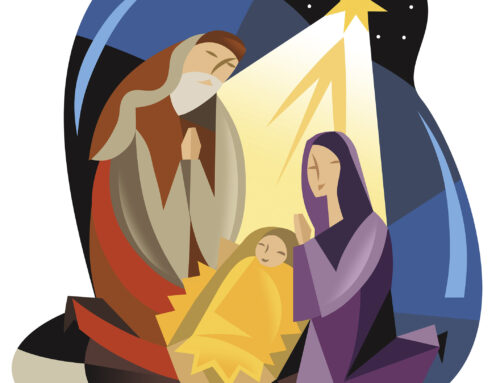
















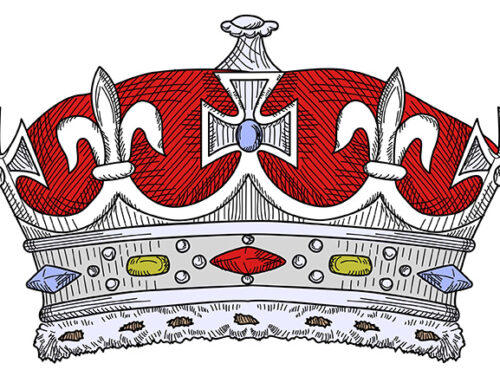














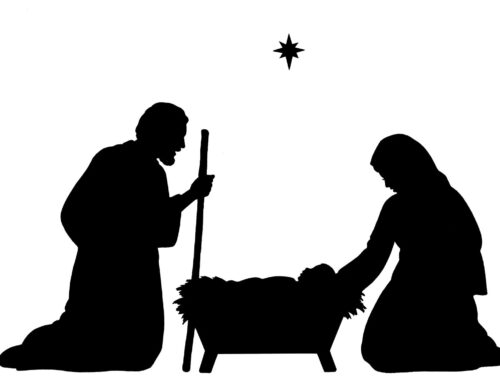







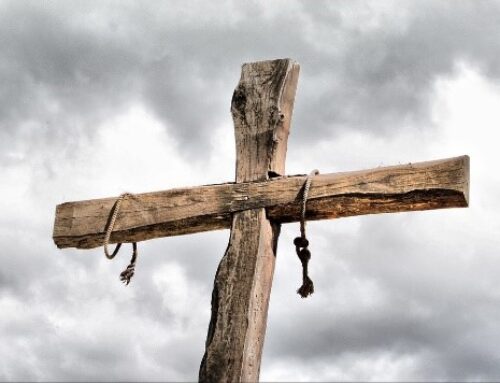









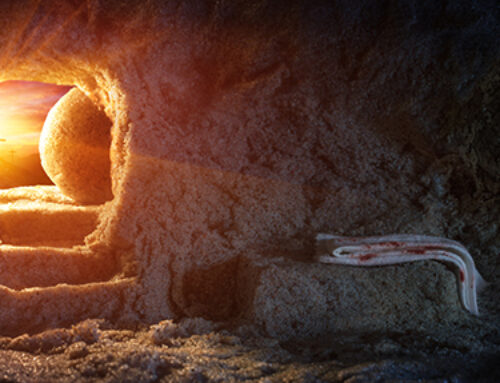



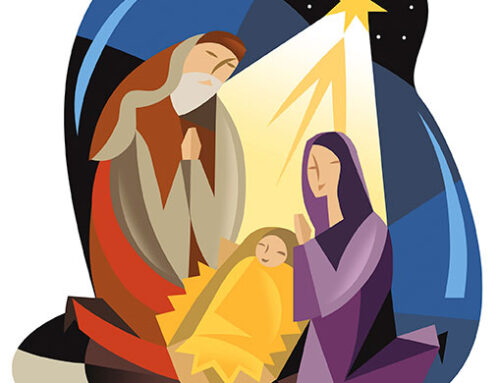





“I am struck by how “outsiders” played such a significant role in the first Christmas story.”
Yes, and that Jesus and His parents were refugees in Egypt.